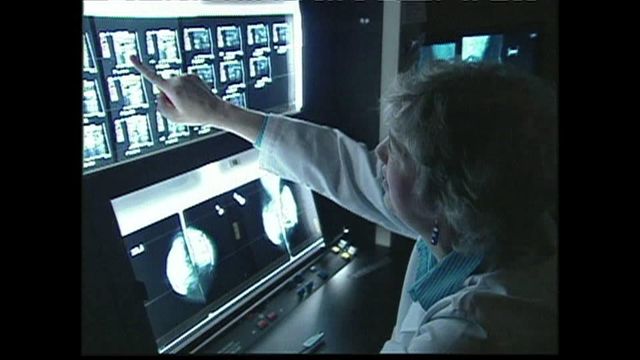Additional screenings don't necessarily benefit cancer patients
A study at Memorial Sloan-Kettering Cancer Center in New York City showed that for those who are already facing once form of cancer, additional screenings may not be as beneficial.
Posted — UpdatedScreenings can help detect many early forms of cancer and improve a patient’s chance for survival when cancer is found.
A study at Memorial Sloan-Kettering Cancer Center in New York City showed that, for those who are already facing once form of cancer, additional screenings may not be as beneficial.
"Cancer screening might trigger a cascade of additional interventions that would affect an already impaired quality of life," said Dr. Camelia S. Sima.
The study was published in the Journal of the American Medical Association. Researchers studied more than 87,000 Medicare patients diagnosed with a variety of advanced cancers over a seven-year period. Most still underwent other cancer screening after their diagnosis, despite the fact that those tests did not provide them with any meaningful benefit, Sima said.
In a group of men and women diagnosed with stage 4 colorectal cancer, almost 10 percent of the women received mammograms and more than 21 percent of men received prostate cancer testing after their diagnosis.
“Each medical specialty needs to engage in thoughtful self-scrutiny regarding both the benefit and risks associated with cancer screening following a diagnosis of advanced cancer that severely limits patient's life expectancy," Sima said.
This, researchers say, would help improve patient care and reduce Medicare spending.
Researchers say screening guidelines could be re-evaluated in situations where a limited life expectancy may alter the benefit for the patient.
Copyright 2024 by Capitol Broadcasting Company. All rights reserved. This material may not be published, broadcast, rewritten or redistributed.





